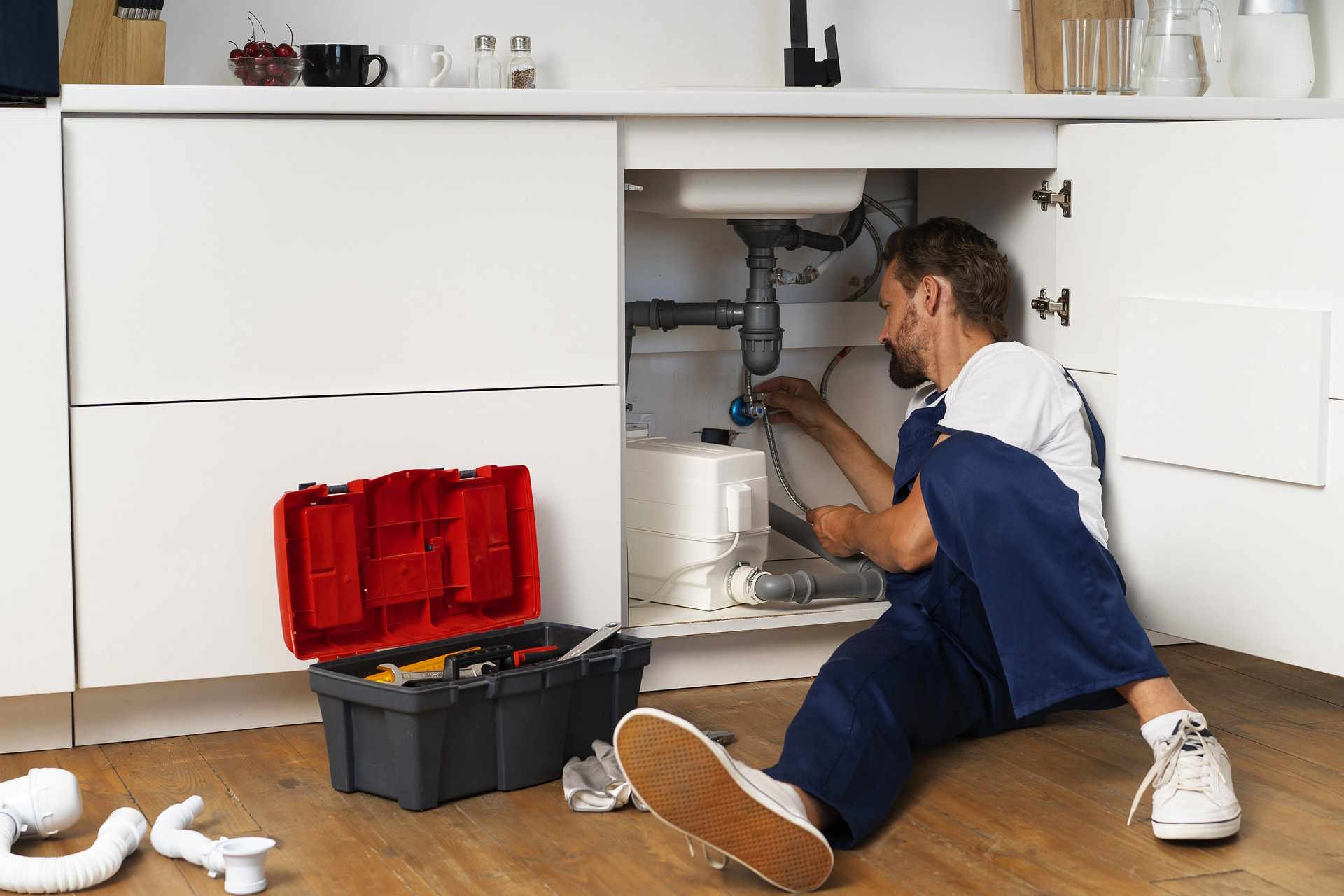The Ultimate Guide to Garage Door Repair: What Homeowners Need to Know
Garage doors are an essential part of any home, providing security, convenience, and curb appeal. However, like any mechanical system, they can experience wear and tear over time, leading to the need for repairs. This comprehensive guide will walk you through everything you need to know about garage door repair, from common issues to maintenance tips and when to call a professional.

What are the most common garage door problems?
Garage doors can experience a variety of issues, but some are more prevalent than others. One of the most frequent problems is a door that won’t open or close properly. This can be caused by several factors, including worn-out springs, damaged cables, or misaligned tracks. Another common issue is a noisy garage door, which may indicate a need for lubrication or worn-out rollers. Sensors that fail to detect obstacles can also pose safety risks and require immediate attention.
How can I troubleshoot basic garage door issues?
Before calling a professional, there are several troubleshooting steps you can take to address minor garage door problems. Start by checking the power source and batteries in your remote control. Ensure that the sensors are clean and properly aligned. If the door is stuck, inspect the tracks for any debris or obstructions. Lubricate moving parts with a silicone-based lubricant to reduce noise and improve operation. However, it’s important to note that more complex issues, especially those involving springs or cables, should be left to professionals due to safety concerns.
When should I consider garage door replacement instead of repair?
While many garage door issues can be resolved through repairs, there are instances when replacement might be the more cost-effective option. If your door is more than 15-20 years old and experiencing frequent problems, it may be time for an upgrade. Signs that indicate replacement might be necessary include significant rust or damage to panels, outdated safety features, or poor energy efficiency. A new garage door can enhance your home’s security, improve insulation, and boost curb appeal.
What are the benefits of professional garage door installation?
Professional garage door installation offers numerous advantages over DIY attempts. Experienced technicians have the knowledge and tools to ensure proper installation, which is crucial for the door’s longevity and safe operation. They can also help you choose the right type of door for your home, considering factors like climate, architectural style, and budget. Professional installation often comes with warranties, providing peace of mind and protection against potential issues down the line.
What maintenance steps can extend the life of my garage door?
Regular maintenance is key to prolonging the life of your garage door and preventing costly repairs. In the United States, homeowners can take several steps to keep their garage doors in top condition. Monthly visual inspections can help identify early signs of wear or damage. Regularly clean and lubricate moving parts, including hinges, rollers, and springs. Test the auto-reverse feature and sensors to ensure they’re functioning correctly. Additionally, consider scheduling annual professional inspections to catch and address potential issues before they become major problems.
How much does garage door repair typically cost?
The cost of garage door repair can vary widely depending on the specific issue and your location within the United States. To give you a better idea of potential expenses, here’s a comparison of common repair services and their estimated costs:
| Service | Provider | Cost Estimation |
|---|---|---|
| Spring Replacement | Local Garage Door Co. | $150 - $350 |
| Sensor Repair | Precision Door Service | $100 - $200 |
| Cable Replacement | Overhead Door | $150 - $300 |
| Roller Replacement | A1 Garage Door Service | $100 - $200 |
| Panel Replacement | Sears Garage Solutions | $250 - $800 |
Prices, rates, or cost estimates mentioned in this article are based on the latest available information but may change over time. Independent research is advised before making financial decisions.
It’s important to note that these are average estimates, and actual costs may vary depending on factors such as the severity of the issue, the brand of your garage door, and your specific location. Some repairs may also require additional parts or labor, which can affect the final price. Always obtain multiple quotes from reputable service providers in your area to ensure you’re getting a fair price for the necessary repairs.
In conclusion, understanding the basics of garage door repair can help homeowners maintain their systems effectively and make informed decisions about when to seek professional assistance. Regular maintenance, prompt attention to minor issues, and knowing when to replace rather than repair can all contribute to a well-functioning garage door that enhances your home’s functionality and value. Whether you’re dealing with a minor squeak or considering a full replacement, this guide provides a solid foundation for navigating the world of garage door repair and maintenance.




